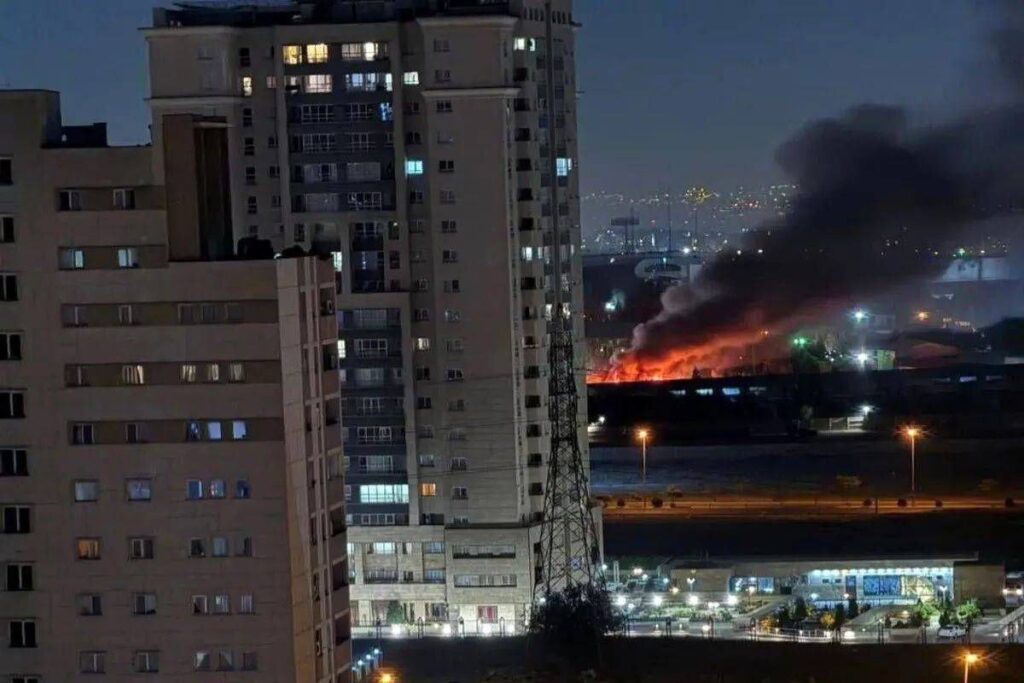Tehran – Defending Iran’s rights (to respond to Israeli attacks) is defending the UN Charter and the principle of banning the use of force, Ilib quoted his lawyer, Hamid Reza Mohammadi.
He added that if this principle is sacrificed for political gain, no other nations will be secured tomorrow.
He emphasized that if the international system and its organizations are unable to defend basic human rights, the military capabilities of a nation will ensure the implementation of international law and deter and defend the national interest.
A weak response to a serious violation of international law violates the state sovereignty of the country, threatens the lives of millions of civilians and undermines the credibility of the entire international legal system, Mohammadi added.
Referring to Iran’s right to self-defense against Israel’s attacks, he said, in terms of Israel’s military attacks on Iranian territory without permission from the UN Security Council, Israel’s international attacks are a clear violation of international forceful norms, also known as international law, which was contemporary of Jus Kogen.
According to Article 4, paragraph 4 of the UN Charter, it uses the power over territorial integrity or the political independence of any state. This principle has been established as a fundamental rule and forceful law in customary international law.
Without a legal basis, the use of military force by a state on the sovereignty or territorial integrity of another state is considered a military attack in accordance with UN General Assembly Resolution 3314, adopted in 1974.
In particular, cases such as direct or indirect attacks involving artillery fire on other countries’ territory, dispatching troops, or targeted cyber operations, are clear examples of attacks, Mohammadi said.
Under the International Criminal Court’s Roman Law (Article 8BIS), aggression is one of four core international crimes that can lead to criminal liability for senior officials and military commanders.
The target country (Iran) attacked has an intransitable right to self-defense under Article 51 of the UN Charter. This self-defense must be carried out within the framework of recognized principles of international law, such as necessity, proportionality, and urgency. Nicaraguav. In cases like United States (1986), principles emphasized by the jurisprudence of the International Court of Justice.
Injuring civilians, killing dozens of children and women, and invading areas of residence is a violation of international humanitarian law. The Fourth Geneva Convention (1949) and its first additional protocol (1977) highlight the principles of distinguishing between military and civilian targets.
Attacking civilians and using weapons that cannot distinguish between military and civilian targets are war crimes defined in Article 8 of the Roman Act.
Therefore, the Islamic Republic of Iran has the right to defend itself proportionately to the threat, provided that this defense acts as a deterrent and does not cross legal boundaries.
mt/mg

